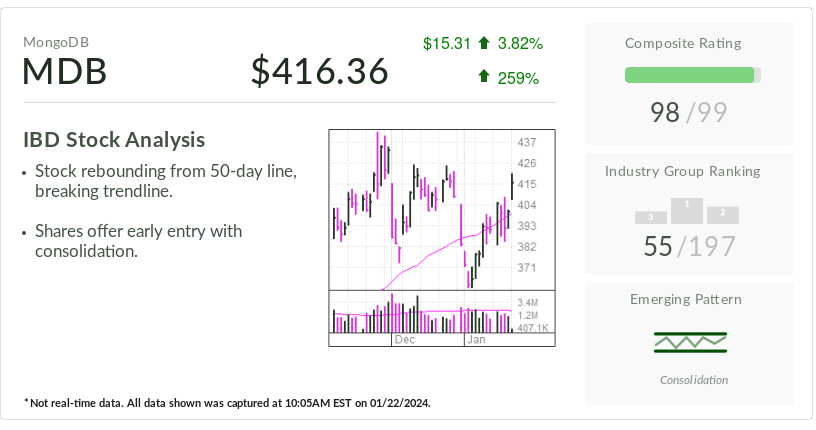The Municipal Securities Rulemaking Board is presently grappling with integrating artificial intelligence into its EMMA system to prepare for a future where financial disclosure is machine-readable.
During a meeting with the Government Finance Officers Association’s Debt Committee, MSRB CEO Mark Kim disclosed, “Last year, we received nearly 12,000 primary market submissions, primarily official statements, from all of you. Surprisingly, even in 2024, we manually review each one of your OS’s.”
This announcement was made at a committee meeting held on a Monday as part of the GFOA’s winter gathering in Washington. The MSRB highlighted the utilization of artificial intelligence to enhance the EMMA system, particularly focusing on the G-32 document. A significant portion of the board’s $45 million budget is allocated to technological advancements and data initiatives.
The foundation of the AI techniques being implemented traces back to traditional data entry methods. Brian Anthony, the chief product officer at MSRB, clarified, “This approach does not involve generative modeling or generative chat GPT. Instead, it employs supervised learning, where we train the model to recognize specific patterns.”
Challenges in this process include standardizing date formats and structuring numerical tables. Kim acknowledged the diligence of underwriters in providing required information, emphasizing that any discrepancies identified are reported to enforcement agencies for resolution.
The ongoing innovations aim to enhance the accessibility of information on obligors that is currently restricted within EMMA. The system’s evolution and data quality are crucial as they align with the standards mandated by the Securities and Exchange Commission under the Financial Data Transparency Act. This legislation, currently in progress, will mandate issuers to submit financial disclosures in a machine-readable layout.
Looking ahead to the rulemaking by the SEC and Treasury concerning FDTA, Kim expressed curiosity about the potential resolution of accuracy issues. The MSRB is actively supporting these agencies by handling various data formats, including structured, semi-structured, and unstructured data.
For the GFOA, the FDTA poses both challenges and opportunities, especially in converting disclosure documents into machine-readable formats. The GFOA intends to leverage the upcoming public comment period, starting in June, to refine the specifics of the law.
Emily Brock, the director of the Federal Liaison Center at GFOA, emphasized the importance of GFOA members contributing comments to ensure the clarity and deployment of data standards. She also highlighted the ongoing tax legislation in Congress, particularly noting the inclusion of provisions related to corporate transactions and taxation, as well as the significant aspect of Low-Income Housing Tax Credits.










